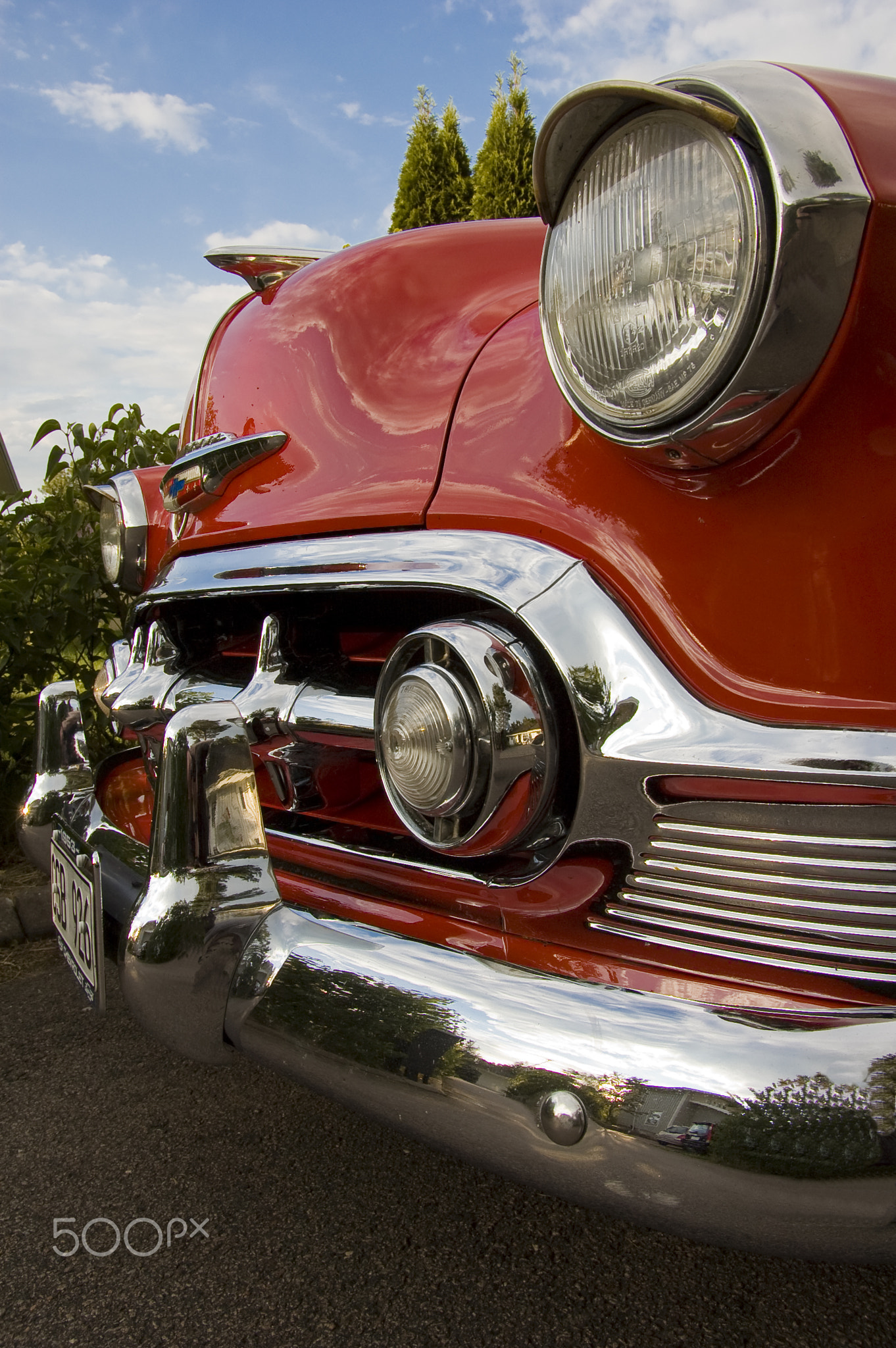
When the metro network was finished in the 1990s the city began to tear out the tram network (which had become rather old and decrepit), but now faced opposition from many citizens who enjoyed the enhanced mobility of the mixed network-the metro lines deviate from the tramlines to a significant degree. The Dunedin cable tramway system was a group of cable tramway lines in the New Zealand city of Dunedin. Hastings and some other tramways, for example Stockholms Spårvägar in Sweden and some lines in Karachi, used petrol trams. In many cases, postwar buses were cited as providing a smoother ride and a faster journey than the older, pre-war trams. Old lines, considered archaic, were then gradually replaced by buses. For example, an internal-combustion piston motor can have the fuel supply stopped, and then internal pumping losses of the engine create some braking. For example, the tram network survived in Budapest but for a considerable period of time bus fares were higher to recognize the superior quality of the buses. The Karlsruhe model was one of the first in the modern era and provided one-seat rides where several connections would have been necessary before, increasing ridership by significant amounts upon opening of service compared to the prior bus or local train routes.
In Germany the Stadtbahnwagen B was a modern tram (or tram-train) hybrid built to run on heavy rail tracks in a premetro type of system. In 1981, Mercedes-Benz introduced the airbag in West Germany as an option on its flagship saloon model, S-Class (W126). In Berlin, in 1990, ADtranz low floor tram, the world's first completely low floor tram was introduced. In March 2015, China South Rail Corporation (CSR) demonstrated the world's first hydrogen fuel cell vehicle tramcar at an assembly facility in Qingdao. The chief engineer of the CSR subsidiary CRRC Qingdao Sifang, Liang Jianying, said that the company is studying how to reduce the running costs of the tram. Conventional electric trams are operated in street running and on reserved track for most of their route. Paris operated trams that were powered by compressed air using the Mekarski system. The 2004 Summer Olympics resulted in the return of trams to Athens: the Athens Tram was integrated with the expanded Athens Metro system, as well as the buses, trolleybuses and suburban trains.
A great example of this shift in ideology is the city of Munich, which began replacing its tram network with a metro a few years before the 1972 Summer Olympics. In 1959 Ron Aguirre of Rialto California installed hydraulics in his custom 1956 corvette the X Sonic and shortly thereafter, Aguirre began installing Hydraulic lifts in many custom cars in the Inland Empire. The renaissance of light rail in North America began in 1978 when the Canadian city of Edmonton adopted the German Siemens-Duewag U2 system, followed three years later by Calgary and San Diego. Kyoto Tram from Kyoto City Web. The advantages of the tram thus became once again visible. For safety, the cable tractors are always deployed on the downhill side of the tram vehicle. A longitudinal acceleration sensor that is similar to the lateral acceleration sensor in design, but provides additional information about road pitch, as well as being another sensor for vehicle acceleration and speed.
Comments
Post a Comment